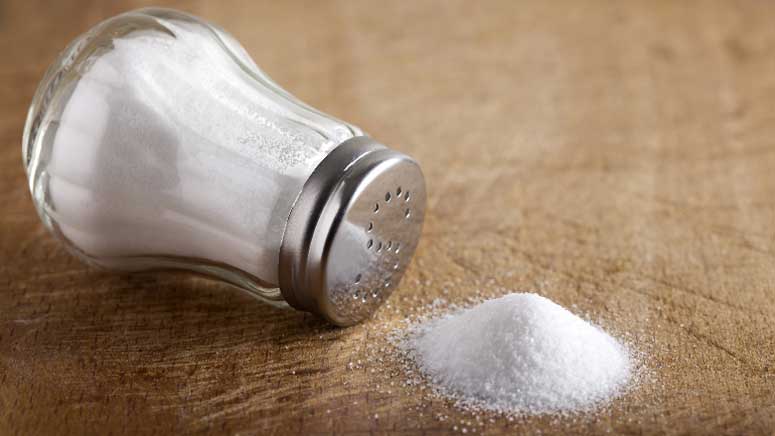Low blood pressure, or hypotension, describes a blood pressure lower than what is considered normal. Blood pressure fluctuates throughout the day, but a systolic reading of 90 mm Hg and a diastolic reading of 60 mm Hg is considered normal. [1]
Having low blood pressure is normal for many people and may not be a cause for alarm. This isn’t true for everyone. Abnormally, low blood pressure can be just as life-threatening as high blood pressure. The condition often presents no symptoms, but people with low blood pressure may sometimes feel faint, tired, or dizzy.
The causes of low blood pressure may be as mild as dehydration or as extreme as heart disease. Treatments for this condition often depend on the cause. Doctors often prescribe medications such as fludrocortisone or midodrine to deal with the condition but other remedies can also help. This article discusses them.
Consume More Salt

Salt is known to be bad for people with high blood pressure. This is because sodium raises blood pressure, which can pose a health hazard. People with low blood pressure can include more salt in their diet to raise their blood pressure.
Too much salt in the diet can raise blood pressure to unhealthy levels and increase the risk of heart disease. You should speak to your doctor to decide just how much salt you should include in your diet.
One effective way to take control of how much salt you take in is to add them to unprocessed foods you eat. You should avoid consuming refined or processed salty foods. These are not good for your health.













